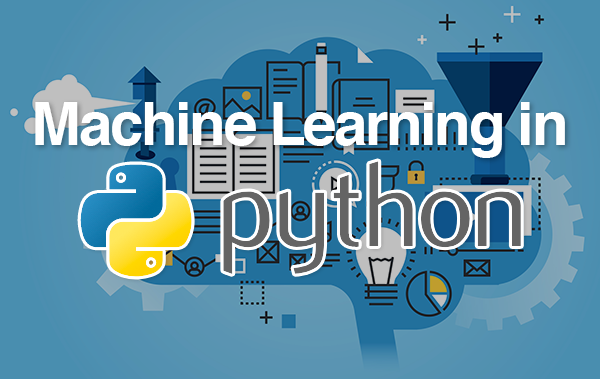
Random numbers are a vital aspect of programming, and Python provides several ways to generate them. These random numbers are used in various applications, such as games, simulations, and cryptography.
One of the most basic ways to generate a random number in Python is through the use of the built-in random module. This module provides various functions that can be used to generate random numbers of various types, such as integers, floating-point numbers, and selections from a list. For example, the random.randint() function can be used to generate a random integer between a specified range. The random.uniform() function can be used to generate a random floating-point number between a specified range. And the random.choice() function can be used to randomly select an item from a list.
Another way to generate random numbers in Python is through the use of NumPy, which is a powerful library for numerical computation in Python. The numpy.random module provides several functions to generate random numbers, such as numpy.random.rand() to generate an array of random numbers between 0 and 1, numpy.random.randint() to generate random integers within a specified range, and numpy.random.randn() to generate random numbers from a standard normal distribution.
Additionally, it’s important to note that the above-mentioned functions generate pseudo-random numbers which are based on an algorithm and use a seed as input. The seed is a number that initializes the algorithm and generates the same sequence of random numbers every time it’s given the same seed.
In conclusion, random numbers play an important role in many areas of programming, and Python offers several ways to generate them through its built-in random module and NumPy library. These functions can be used to generate various types of random numbers, such as integers, floating-point numbers, and selections from a list. It’s important to understand that these are pseudo-random numbers and the seed can be set to generate the same sequence.
In this Applied Machine Learning & Data Science Recipe (Jupyter Notebook), the reader will find the practical use of applied machine learning and data science in Python programming: Random Numbers in Python.
What should I learn from this recipe?
You will learn:
- Random Numbers in Python.
Random Numbers in Python:
Disclaimer: The information and code presented within this recipe/tutorial is only for educational and coaching purposes for beginners and developers. Anyone can practice and apply the recipe/tutorial presented here, but the reader is taking full responsibility for his/her actions. The author (content curator) of this recipe (code / program) has made every effort to ensure the accuracy of the information was correct at time of publication. The author (content curator) does not assume and hereby disclaims any liability to any party for any loss, damage, or disruption caused by errors or omissions, whether such errors or omissions result from accident, negligence, or any other cause. The information presented here could also be found in public knowledge domains.
Learn by Coding: v-Tutorials on Applied Machine Learning and Data Science for Beginners
Latest end-to-end Learn by Coding Projects (Jupyter Notebooks) in Python and R:
Applied Statistics with R for Beginners and Business Professionals
Data Science and Machine Learning Projects in Python: Tabular Data Analytics
Data Science and Machine Learning Projects in R: Tabular Data Analytics
Python Machine Learning & Data Science Recipes: Learn by Coding